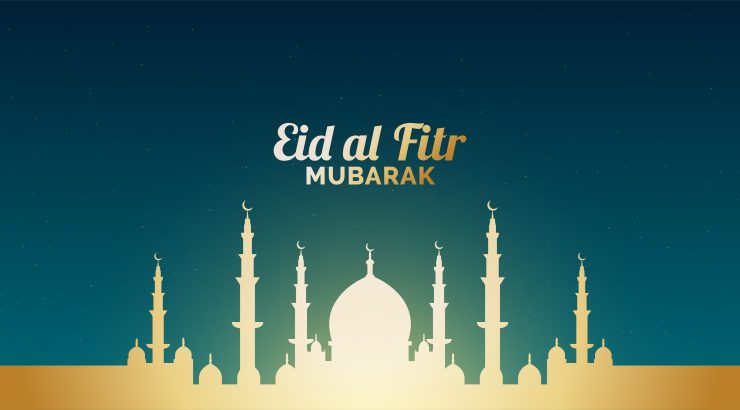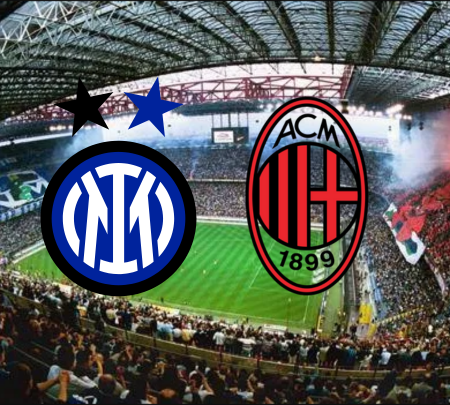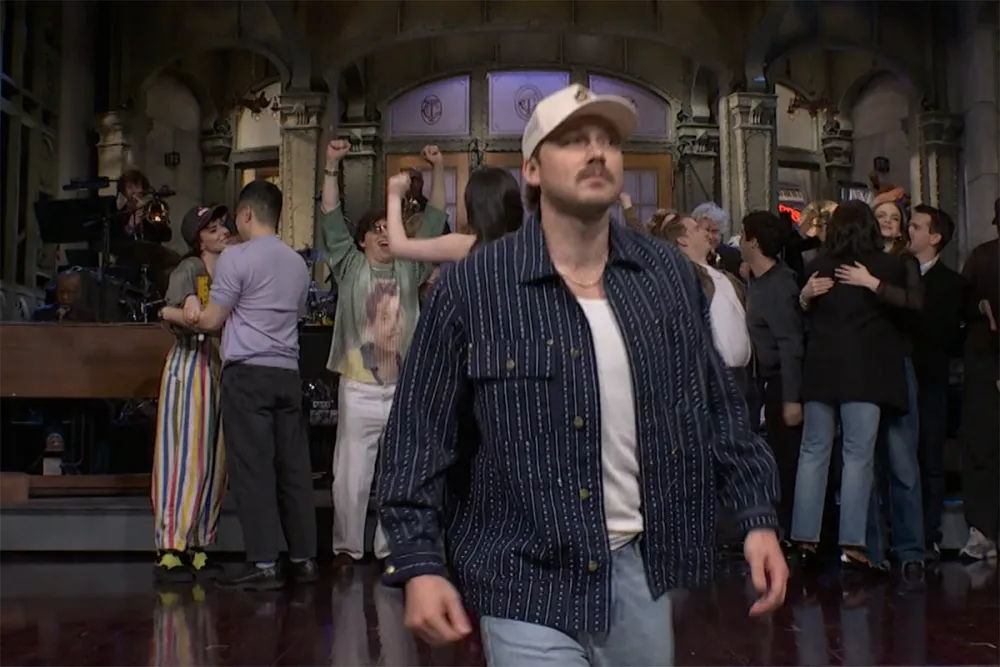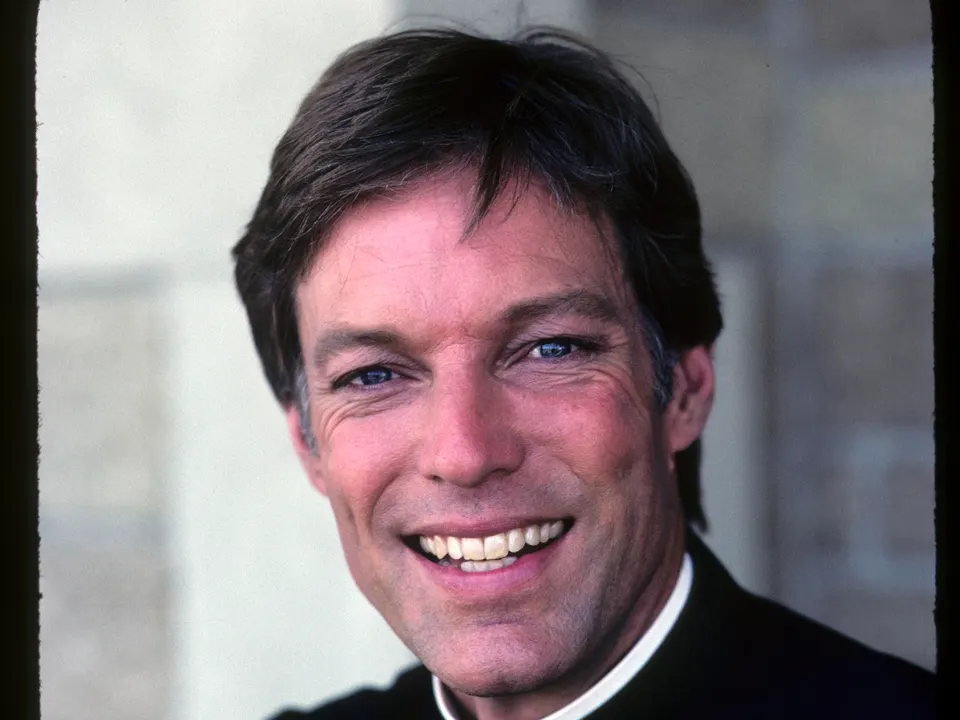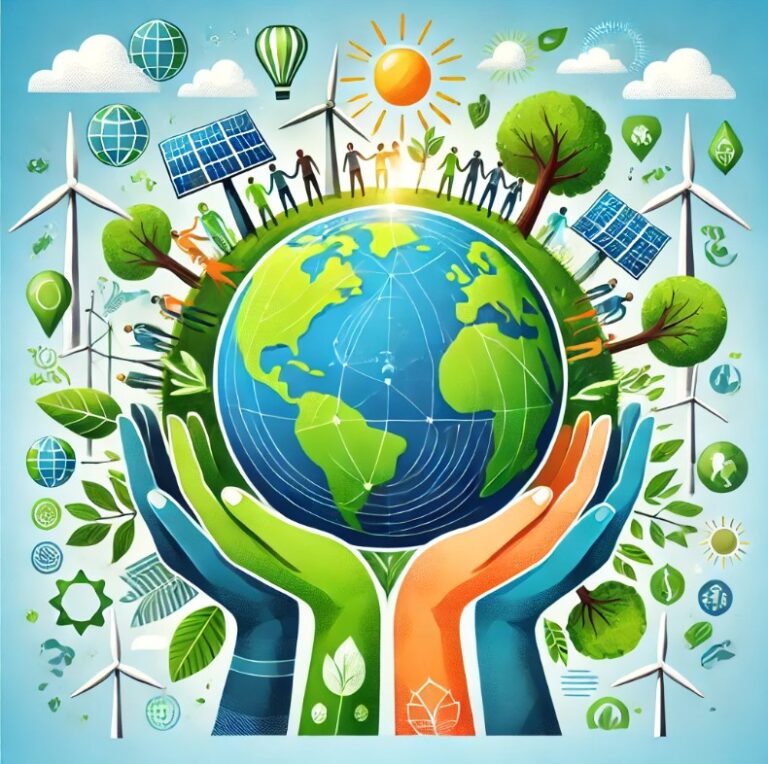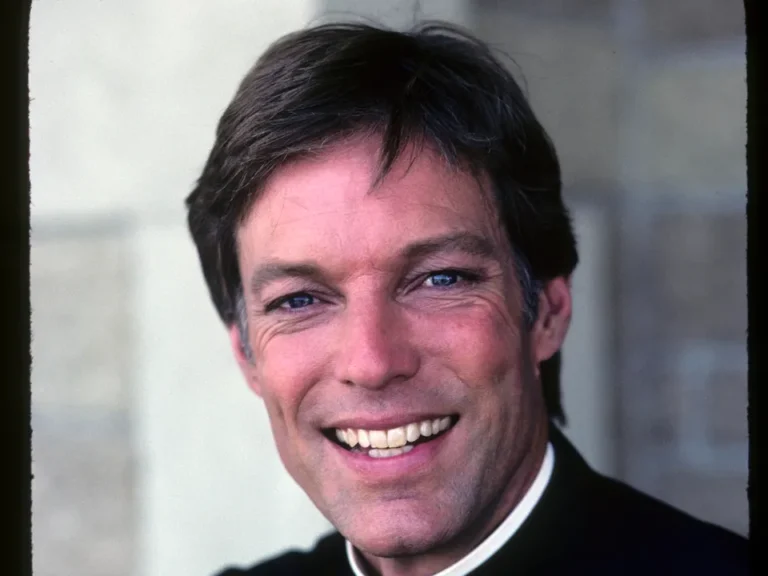Ever wondered why millions of Muslims worldwide suddenly break into celebration twice a year, with streets filled with the aroma of festive dishes and joyous greetings of “Eid Mubarak”? These aren’t just random parties – they’re Eid, Islam’s major festivals that transform ordinary days into extraordinary celebrations.
Think of Eid as the Muslim equivalent of Christmas or Thanksgiving, but with its own unique spiritual twist. It’s when the world’s 1.8 billion Muslims put on their finest clothes, gather with loved ones, and combine deeply spiritual traditions with the kind of festive atmosphere that makes everyone want to join in the fun.
What Is Eid? Understanding Islam’s Major Festivals
The Heart of Islamic Celebrations
Eid means for Muslims as a time of joy and worship. The Arabic word “Eid” means festival or feast, and it marks two significant celebrations in the Muslim calendar. Muslims worldwide gather for these special occasions, which blend spiritual devotion with community celebration.
Two Sacred Festivals
Muslims celebrate two main Eids throughout the year. Eid al-Fitr, lasting three days, comes right after Ramadan’s month-long fast. It’s often called “The Feast of Breaking the Fast.” The second celebration, Eid al-Adha, runs for four days and honors Prophet Ibrahim’s willingness to sacrifice his son at God’s command.
Sacred Traditions and Customs
When Muslims celebrate Eid, Muslims start their day with a special bath and put on their finest clothes. They head to the mosque for dawn prayers, where communities come together in celebration. Many follow the tradition of taking different routes to and from the mosque to spread joy throughout their neighborhood.
The festivities include sharing meals with family and friends, giving gifts (especially to children), and helping those in need. During holidays called Eid, Muslims give Zakat al-Fitr, a special form of charity, to make sure everyone can join in the celebrations.
A Global Celebration
Each culture adds its own flavor to Eid celebrations. In Egypt, streets light up with colorful lanterns, while Turkish communities know the celebration as “Lesser Bayram.” Special foods take center stage – from sweet sheer khurma (vermicelli pudding) to dates and regional treats that vary by country.
Timing Through the Lunar Calendar
Since Islam follows a lunar calendar, Eid dates shift about 11 days earlier each year in the standard calendar. Muslims often wait for the new moon sighting to confirm the start of each Eid, making it a time of shared anticipation and excitement.
Beyond the Festivities
While Eid brings joy and celebration, it’s more than just a party. It strengthens family bonds, brings communities closer, and reminds Muslims of important values like gratitude, generosity, and faith. The greeting “Eid Mubarak” (Blessed Eid) echoes through homes and streets, carrying wishes for peace and happiness.
From dawn prayers to festive meals, from charitable giving to family gatherings, Eid weaves together the spiritual and social fabric of Muslim life, creating memories that last long after the celebration ends.
The Spirit of Eid Lives On
Eid isn’t just a mark on the calendar – it’s a testament to how celebration and spirituality can dance together in perfect harmony. From the pre-dawn prayers to the last morsel of sweet treats shared with neighbors, these festivals showcase the beautiful tapestry of Islamic culture while reinforcing universal values of compassion, gratitude, and community.
As our world becomes increasingly interconnected, understanding celebrations like Eid helps bridge cultural gaps and reminds us that at our core, we all share the same joy in coming together, breaking bread, and celebrating life’s precious moments.

